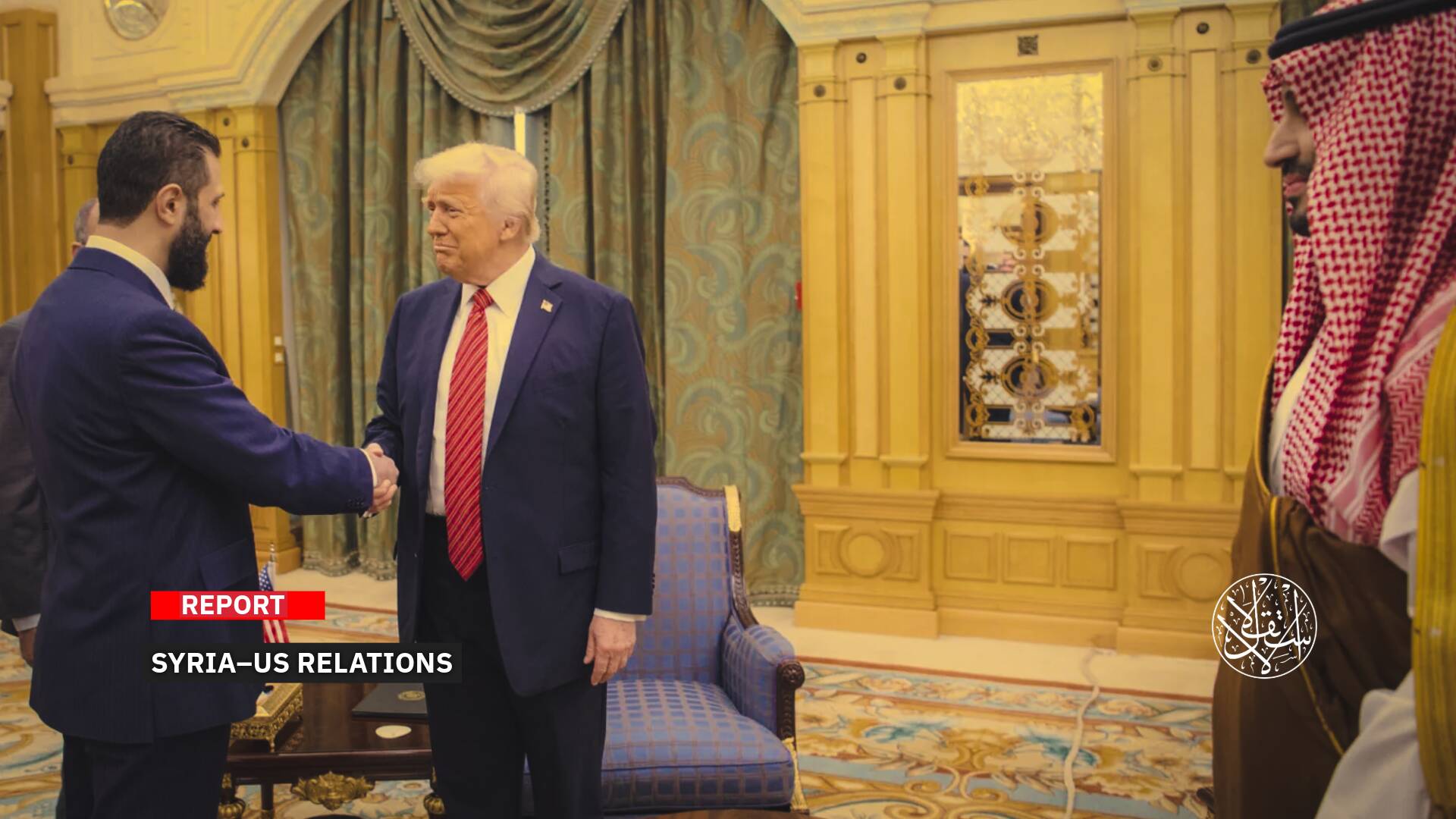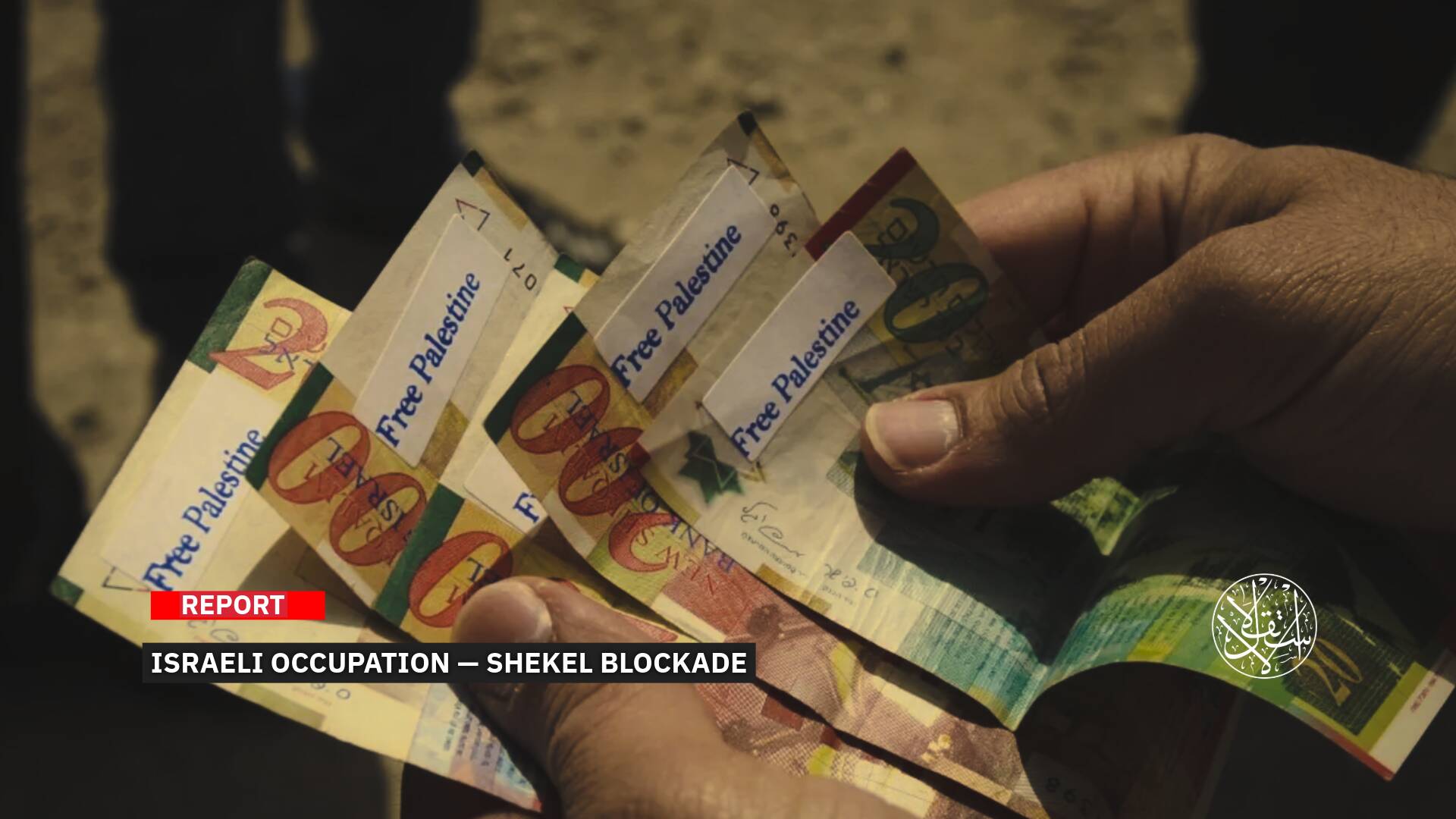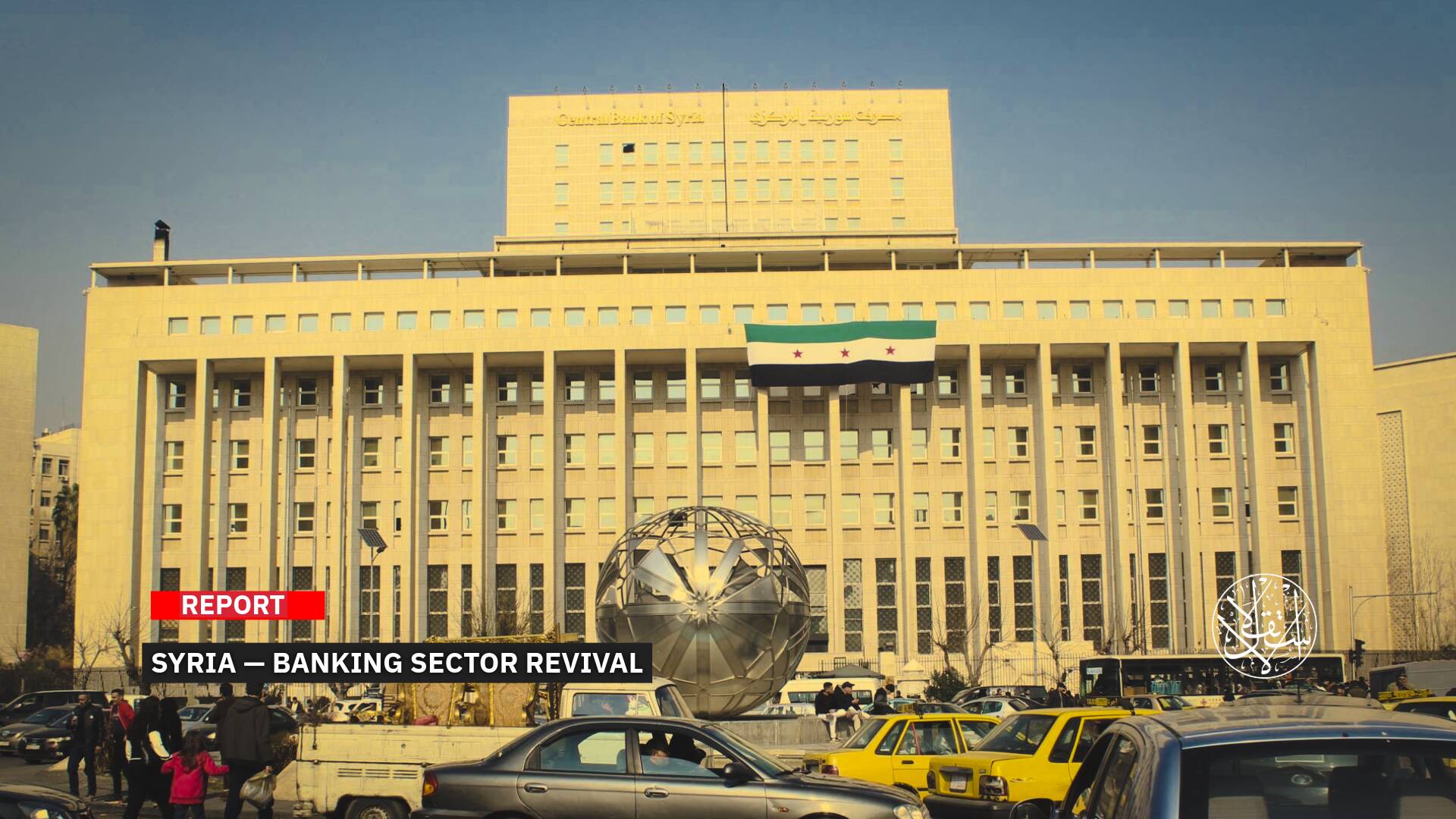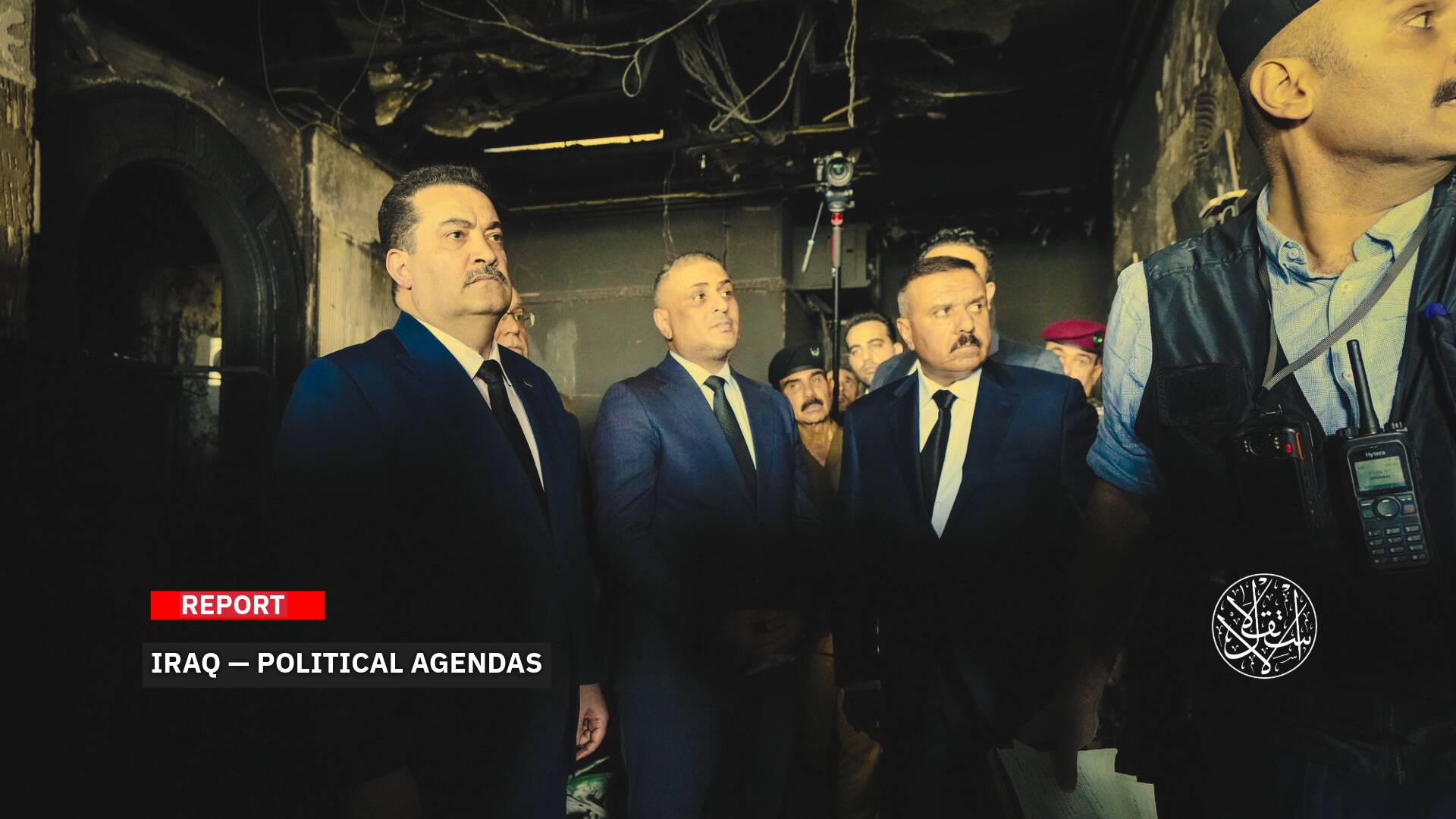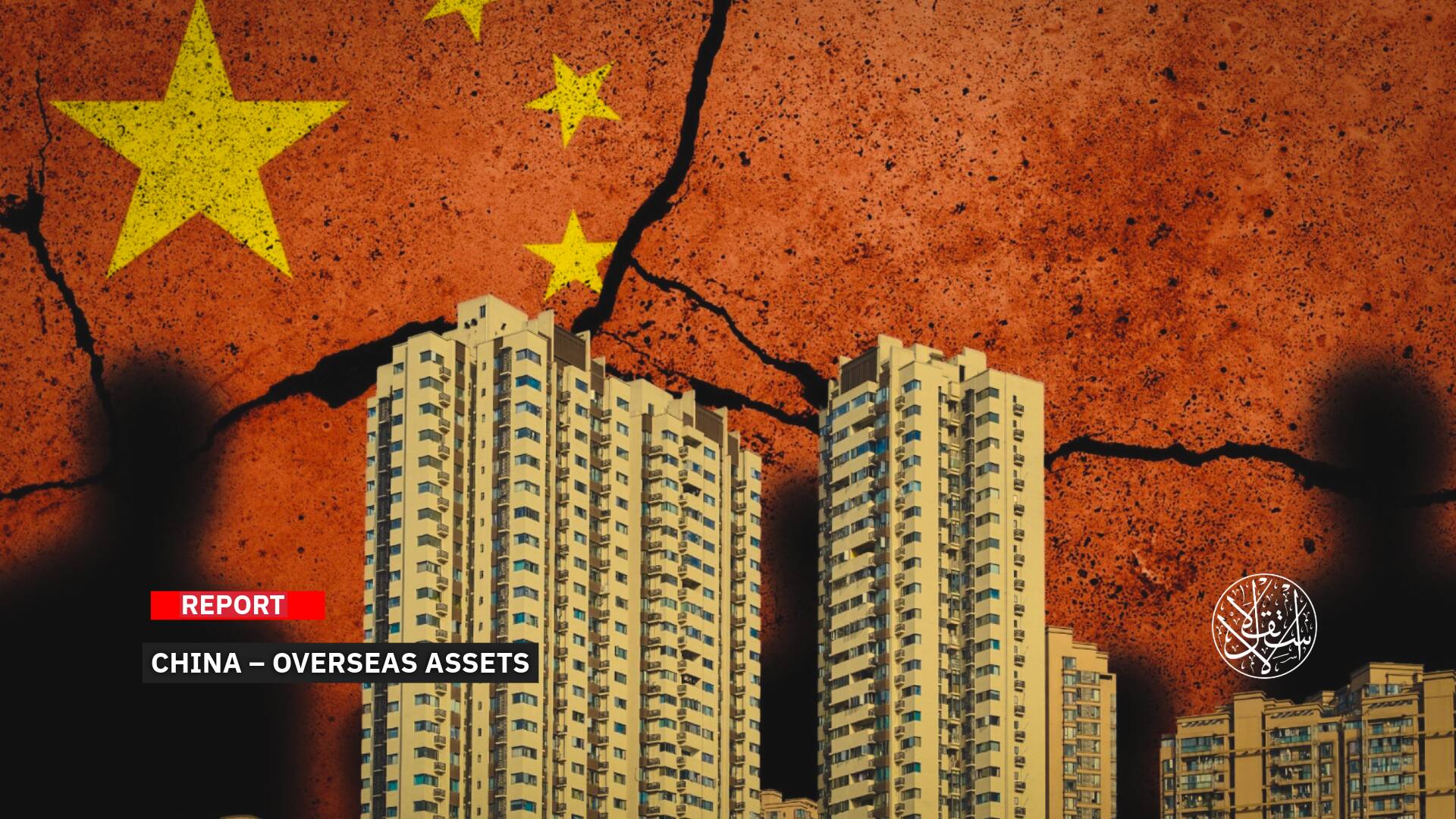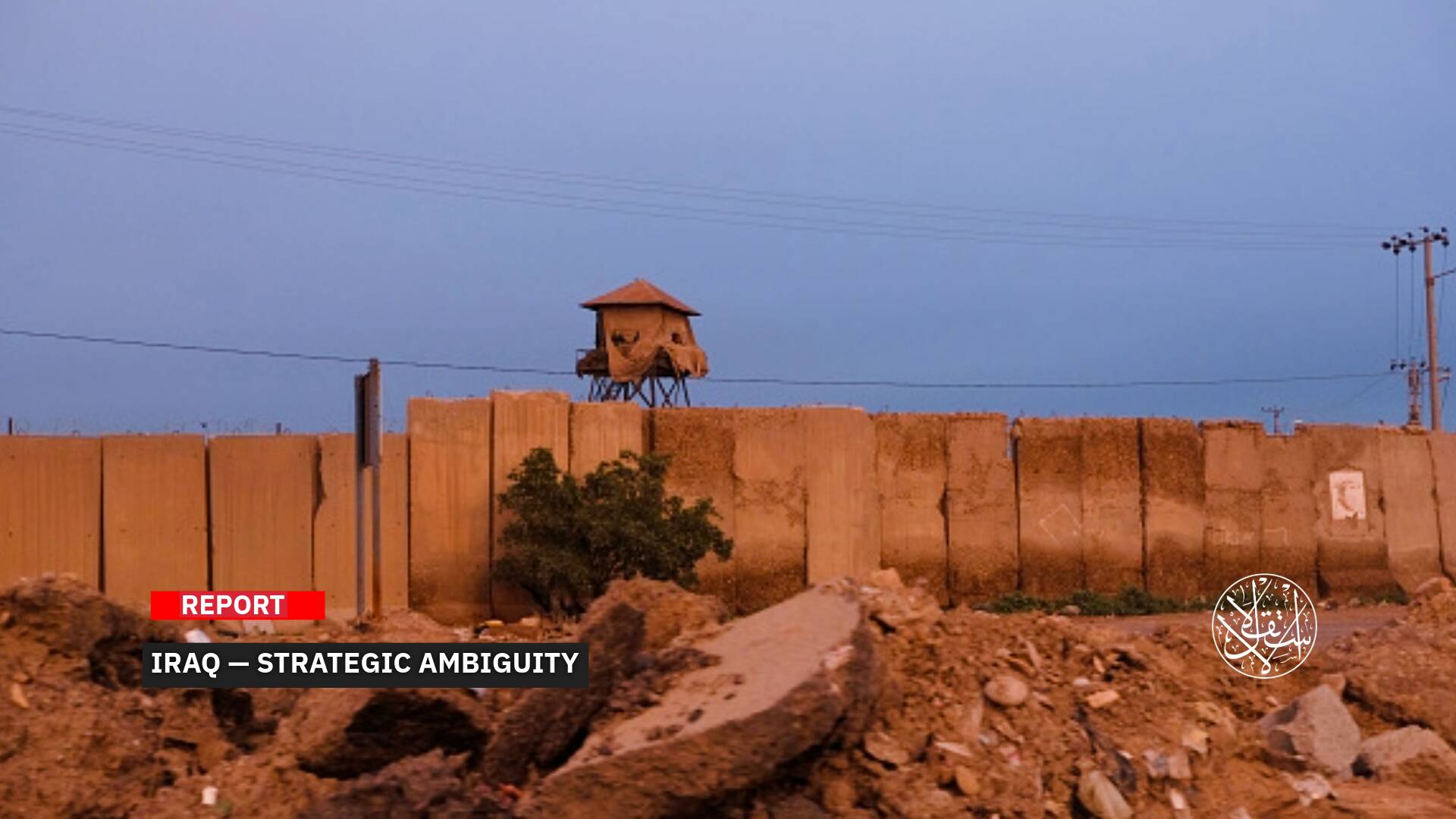Sisi’s Government Dismantles Egypt’s Religious Endowments: Smart Investment or Misuse of Charitable Funds?

Endowment funds are meant to be off-limits to government control—no authority, no right to touch them.
In a move that sparked widespread controversy across Egypt’s economic and religious circles, the Sisi government launched a new initiative to “maximize the use” of endowment properties. This step has reignited legal and religious debates over the legitimacy of monetizing centuries-old religious endowments.
Prime Minister Mostafa Madbouly chaired a high-level meeting on May 26, 2025, alongside Endowments Minister Osama al-Azhari and the chairman of the Endowments Authority, Khaled al-Tayeb, calling for a full inventory of all waqf assets—land, residential buildings, and commercial properties alike.
The plan aims to re-evaluate the value of these properties and pave the way for private sector investment, as part of a broader privatization push. But this has raised critical questions: can religious endowments, historically protected from sale or ownership transfer, be treated as investment assets?
Many fear this move could erode the social role of these assets and shift their purpose from charitable service to profit-making. Legal and religious scholars have warned against tampering with the sanctity of properties designated for public good.
Questions and Criticism
Diplomats and economists have warned against undermining the sanctity of endowment properties, which are religiously designated for charitable and benevolent purposes.
Former Egyptian Deputy Foreign Minister Mohamed Morsi slammed any government control over endowment assets, insisting they lie beyond state authority and must never override the original donors’ intentions.
“These are properties dedicated by their owners for acts of charity,” he wrote, “and their revenues must not be diverted from the purposes for which they were originally endowed. Any legislation that permits otherwise constitutes a clear violation of Islamic law and the objectives of religion.”
While acknowledging the need to inventory assets, correct irregularities, and enhance financial returns through better management, Morsi warned that any move toward privatization or sale of endowments is “a misguided and unjust policy that squanders the wealth of benefactors and clashes with the core philosophy of waqf.”
Endowment management should remain under strict professional and economic standards, such as leasing or operating the assets for defined periods—no longer than 20 or 25 years—with full transparency. However, he firmly rejected any permanent transfer or sale of ownership.
Morsi also questioned the current administrative structure of the Endowments Authority, asking: “Why is the oversight of such vast assets left to a cleric, rather than entrusted to experts in management and investment—while the Minister of Religious Endowments retains only a symbolic and religious supervisory role?”
On the economic front, former Dean of the Faculty of Economics and Political Science, Alia el-Mahdi, offered an even sharper critique.
She argued that the state's failure to manage endowment funds should not justify exploiting or liquidating them—instead, it should return the assets to the families of the original donors.
“Endowments are not government property—they are a trust. If the state can’t manage them properly, it should return them to their rightful owners or heirs, rather than stripping them of their purpose and turning them into a tool for revenue or budget relief,” she wrote on facebook.
On the religious front, former Ministry of Endowments advisor Sheikh Salama Abdelkawy voiced strong opposition in a post on X.
“Under Islamic law, endowments belong to the original donor and must be managed according to their stated conditions,” he wrote. “The Minister of Endowments is merely a trustee, tasked with managing these assets—not owning them. Neither he, his superiors, nor the government has the right to dispose of them without the donors’ consent.”
“What’s happening now amounts to theft and a serious betrayal in the eyes of both religion and law.”
With such warnings growing louder, many fear that opening the door to state control over endowments could destroy one of the last remaining pillars of charitable trust—a system that for centuries has shielded the poor and served the public good, far from political interference or profit motives.
Endowment Wealth Under Fire
At the center of the quiet tug-of-war between religious sanctity and commercial interest stands Egypt’s Endowments Authority—overseeing a vast, underutilized fortune now targeted by the state’s rapid restructuring plans.
Under the banner of “maximizing benefit,” the government’s push is seen by many as a veiled move toward privatization, threatening to strip waqf (charitable endowment) of its centuries-old religious foundation.
Official figures put the Authority’s holdings at over 1.037 trillion Egyptian pounds (about $58 billion)—a sum comparable to Egypt’s entire GDP in some years. For decades, this wealth lay in the shadows due to poor documentation, allowing widespread corruption and encroachment.
Former Endowments Authority chief Salah Guneidi once described the situation as a case of “systematic theft” in a 2017 address to Egypt’s Parliament.
Former head of the Central Auditing Organization Hisham Geneina revealed that corruption in Egypt between 2013 and 2016 totaled around 600 billion pounds—with the endowments file deeply entangled in that murky web.
A 2019 initiative called the “Waqf Atlas” attempted to map the holdings—producing 87 volumes documenting 114,000 waqfs. It exposed nearly 37,000 violations, including major assets like the 90,000-square-meter Zamalek Club land and 420,000 feddans from the Mustafa Abdelmoneim endowment spread across three governorates.
The endowment portfolio spans agricultural lands, residential and commercial buildings, historical palaces, and even offshore assets—including 15 waqf properties in Greece, such as the lavish Imaret complex and the palace of Muhammad Ali on the Aegean.

The Alarming Gap
Despite its vast holdings, Egypt’s Endowments Authority generated just 1.2 billion Egyptian pounds ($24 million) in annual revenue, according to its 2024 financial statement—a shockingly low return given its registered wealth.
This figure underscores the chronic inefficiency and economic mismanagement surrounding endowment assets, which remain largely idle or poorly utilized.
Revenue distribution follows a set pattern: 15% goes to staff salaries, 10% toward “resource development,” and 75% is allocated to charitable work—though detailed disclosures and transparency remain lacking.
In an effort to boost income, the Ministry of Endowments launched a series of measures in early 2025 under the banner of “developing endowments.” Yet, critics see in them the telltale signs of creeping privatization.
Steps include raising rents to reflect market value rather than symbolic rates, establishing waqf-owned companies in construction, security, and financial services, and launching a 600 million pound investment portfolio to engage in stock trading and commercial ventures.
Meanwhile, large swaths of endowment assets remain beyond the Authority’s control. This includes 420,000 feddans of agricultural land still locked in legal disputes, and 37,000 properties—ranging from palaces and clubs to commercial buildings—tied up in unresolved claims.
Compounding the issue, around 57 waqf-funded projects have been halted due to infrastructure and utility failures, further paralyzing the investment potential of these resources.
As such, the Egyptian Endowments Authority now stands at a historic crossroads. Long entrusted with assets dedicated “for the sake of God,” it faces growing scrutiny over efforts to convert sacred wealth into instruments of speculation, under the ambiguous promises of “maximizing returns” and “achieving development.”

Government Failure
Egyptian economist Ahmed Youssef described the government’s moves to sell endowment assets as “a blatant violation of private property and a direct breach of the constitution.”
He stressed that the state is selling what it does not own—disposing of assets it has no right to control. It is merely entrusted with their management, not their ownership.
“Endowment funds, by their nature, do not fall under public state property. They are private assets designated by their founders for charitable purposes, governed by clear conditions,” he told Al-Estiklal.
“Any attempt to sell or dismantle these assets,” he added, “constitutes a violation of the original contract upon which the waqf system is based. It also represents a grave infringement of property rights safeguarded by the Egyptian constitution and protected by law.”
“If the government proceeds with plans to sell these assets, then the original donors or their rightful heirs are entitled to reclaim them and manage them as they see fit, on the grounds that the state has breached the original mandate—which was administrative, not proprietary.”
Youssef also raised pressing questions: “Is the government’s privatization plan limited to the assets of the Endowments Authority? Or does it extend to all waqf properties, including historical and royal endowments both inside and outside Egypt?”
He pointed to the vast scale of threatened assets, including entire districts in historic Cairo now being razed by bulldozers under the head of the Egyptian regime Abdel Fattah el-Sisi’s so-called redevelopment initiatives.
“If the government has failed to manage and generate returns from these endowments,” he said, “it should learn from successful global models.”
These include institutions in countries like Turkiye and Morocco, as well as prominent Western universities and research centers that have effectively managed endowment funds, generating impressive returns for beneficiaries without compromising the principal.
“The solution,” he concluded, “is not liquidation or negligence, but sound governance that preserves capital and delivers sustainable income.”
Sources
- What’s Behind the Egyptian Prime Minister’s Directive to List Endowment Assets for the Private Sector? [Arabic]
- Government Seizure of Endowment Funds Violates Islamic Law and Signals Sisi’s Bankruptcy: What Do Experts Say? [Arabic]
- 'The Bankrupt Merchant': How Is Sisi Illegally Exploiting Endowment Funds? [Arabic]
- It Owns Assets Worth Over a Trillion Pounds—So Why Is Egypt’s Endowments Ministry Asking People to Donate? [Arabic]
- Atlas of Endowment Properties Released Today in 87 Volumes [Arabic]




